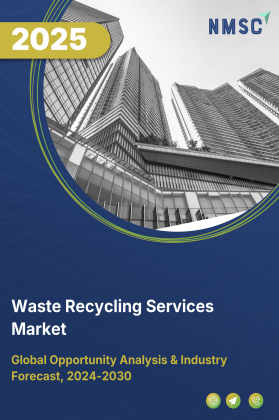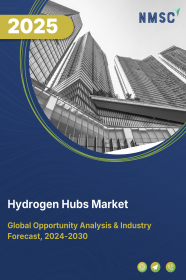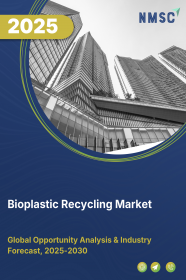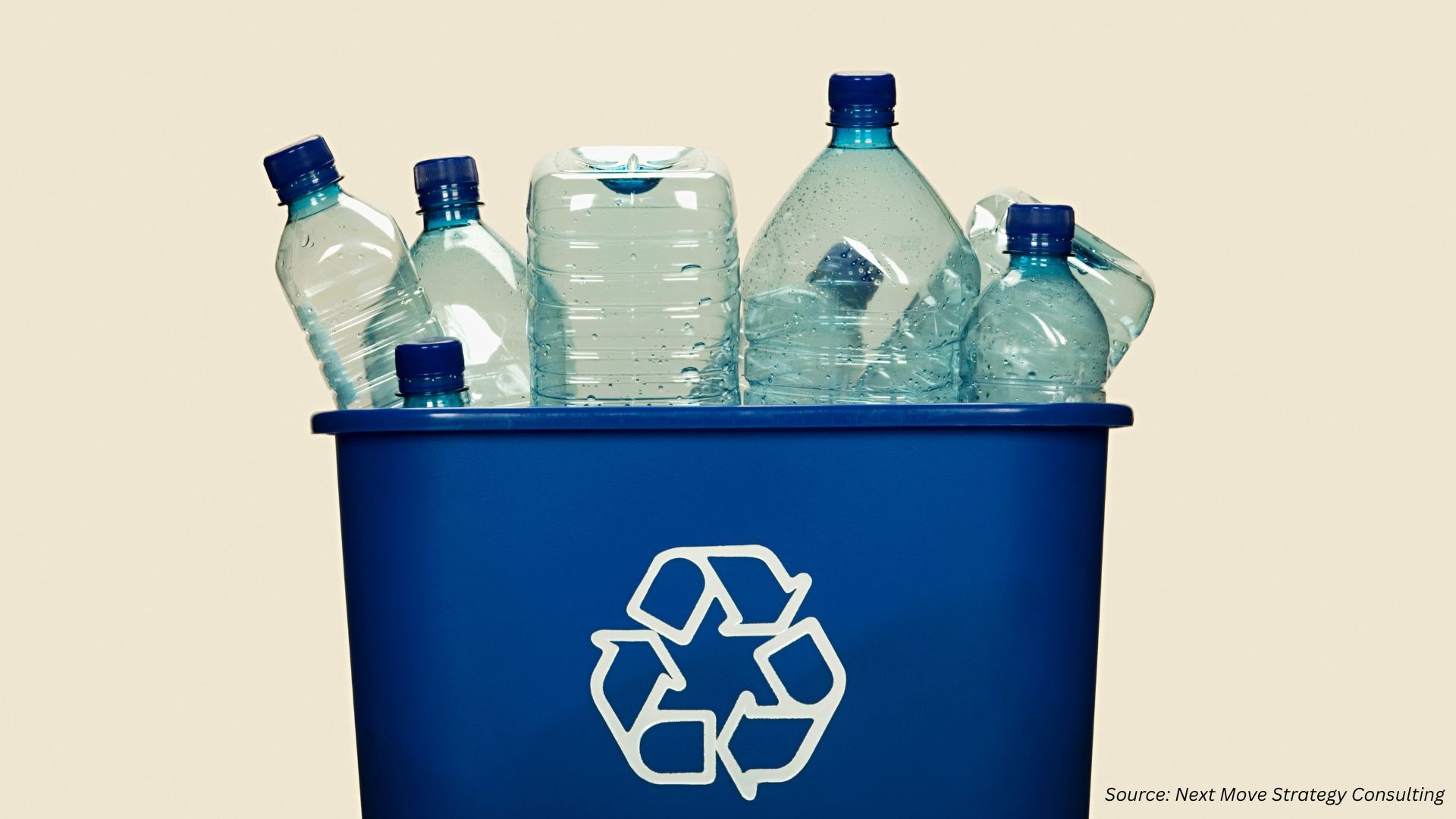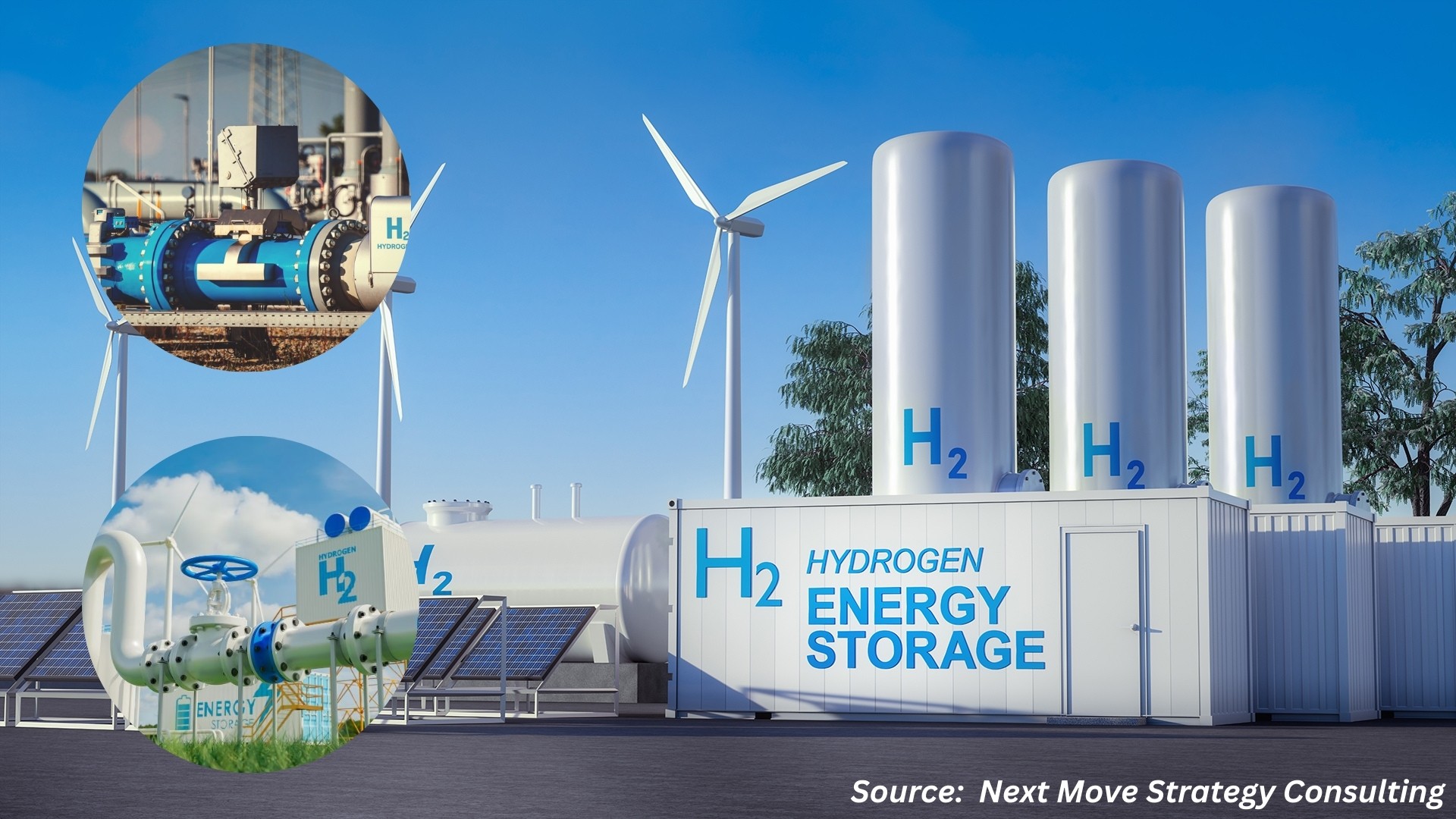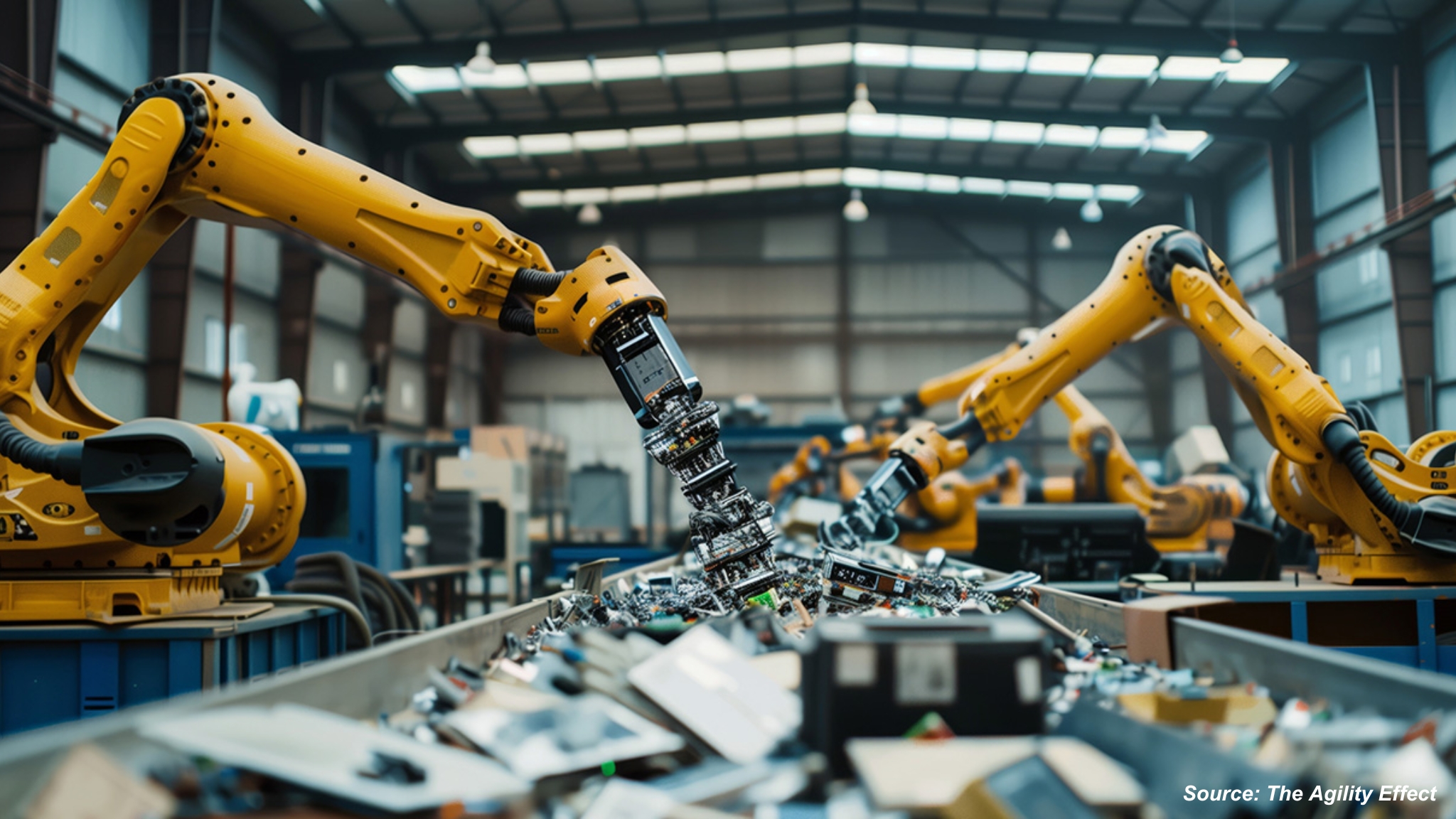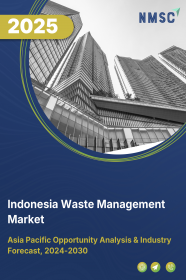
Indonesia Waste Management Market by Waste Type(Hazardous Waste, and Non-Hazardous Waste), by Service(Collection, and Disposal), by Source(Residential or Municipal Waste, Commercial Waste, and Industrial Waste) – Country Opportunity Analysis and Industry Forecast, 2024–2030
Industry: Energy & Power | Publish Date: 10-Oct-2025 | No of Pages: 141 | No. of Tables: 166 | No. of Figures: 111 | Format: PDF | Report Code : EP2736
Industry Overview
Indonesia Waste Management Market size was valued at USD 15.11 billion in 2023, and is predicted to reach USD 31.15 billion by 2030, at a CAGR of 9.80% from 2024 to 2030.
The Indonesia waste management market involves a wide range of services and activities aimed at managing and mitigating the impact of waste generated by various sectors including residential, commercial, industrial, and healthcare. It includes the collection, transportation, processing, recycling, and disposal of waste materials in a manner that is environmentally responsible and sustainable.
The market also involves the development and implementation of technologies and practices that promote waste reduction, resource recovery, and the safe handling of hazardous materials.
Key components of the waste control market include waste collection services, recycling facilities, waste-to-energy plants, landfill operations, and environmental consulting services. As awareness of environmental issues grows, the waste control market continues to expand, driven by growing population, technological advancements, and increasing public demand for sustainable waste solutions.
Mandatory EPR‑Driven C&D Waste Recycling Under New Rules Accelerates Infrastructure Deployment
The introduction of Indonesia’s Construction & Demolition (C&D) Waste Management Rules has established legally enforceable Extended Producer Responsibility (EPR) obligations for large-scale construction projects. Under these regulations, developers are required to recycle and reuse a significant portion of their C&D waste, with accountability shifted from municipalities to the waste generators themselves. A centralized digital portal now facilitates mandatory registration and reporting, monitored by national environmental authorities. In response, the construction industry is increasing its investment in both on-site and centralized waste processing solutions. These include mobile crushers, automated sorting lines, and concrete reclaiming systems. The regulatory clarity and compliance pressure are driving adoption of circular construction models and expanding the market for advanced C&D waste recovery technologies and infrastructure.
IoT‑Enabled Smart City Initiatives and AI Adoption Propel Advanced Waste Monitoring & Segregation Systems
Indonesia’s growing focus on smart city development is transforming the waste management landscape through digitalization and automation. Leading urban centers are deploying Internet of Things (IoT) technologies, including sensor-enabled bins, GPS-tracked collection fleets, and centralized platforms for real-time waste monitoring. These tools enable more efficient collection routes, better segregation practices, and enhanced service delivery. In parallel, artificial intelligence (AI) is being integrated into sorting and recovery systems to automate material classification and improve recycling accuracy. This technological shift is supported by government-led resource efficiency strategies, which encourage the adoption of smart infrastructure and circular economy principles. As a result, demand is rising for digital waste platforms, modular recycling units, and intelligent processing technologies—creating new opportunities for innovation and private sector participation in Indonesia’s evolving waste management ecosystem.
Weak Regulation and Lack of Space Slow Down Development of Waste Facilities
Despite strong policy ambitions, the fragmented implementation of waste management regulations across Indonesia remains a critical bottleneck. Local governments often lack the technical capacity, funding, or coordination mechanisms to enforce national mandates effectively. As a result, waste segregation, compliance monitoring, and facility licensing processes vary significantly across regions, leading to delays in project approvals and inconsistent service delivery standards. Compounding this is the acute shortage of urban land for siting new treatment facilities, particularly in dense metropolitan areas. Competing demands for residential, industrial, and commercial development leave little room for land-intensive waste infrastructure such as landfills, material recovery facilities, and composting units. These spatial limitations are further exacerbated by community opposition and lengthy environmental clearance procedures. The combination of regulatory fragmentation and land scarcity continues to slow private investment, hinder infrastructure scale-up, and limit the operational efficiency of Indonesia’s waste management sector.
Decentralized Waste Processing Models Offer Scalable Solutions for Urban and Semi-Urban Regions
As urban populations grow and waste volumes surge, centralized waste treatment systems are becoming increasingly difficult to scale due to land, logistics, and cost constraints. This is opening up a major opportunity for decentralized waste processing models across Indonesia. Small- to mid-scale solutions such as community-based composting units, modular material recovery facilities (MRFs), and localized anaerobic digesters are gaining traction as flexible, low-footprint alternatives. These systems can be rapidly deployed in dense urban areas or remote semi-urban zones, reducing reliance on long-haul transport and easing pressure on central landfills. Moreover, decentralized models enable greater community involvement, better source segregation, and faster adaptation to local waste streams. With rising policy support, including funding incentives and integration into smart city frameworks, these scalable and replicable systems are emerging as a key lever in Indonesia’s push toward inclusive, resilient, and circular waste management infrastructure.
Competitive Landscape
The promising key players operating in the Indonesia waste management industry includes Waste4Change, PT Multi Hanna Kreasindo Tbk, PT Reciki Solusi Indonesia, Sinergi Mitra Lestari Indonesia, WasteAid, Klin Indonesia, Veolia Indonesia, Ion Exchange Global, PT Magalarva Sayana Indonesia, PT Sendang Bumi Wastama, SUEZ Asia, Indah Kiat Pulp & Paper Tbk, PT Jasa Medivest, Wahana Pamunah Limbah Industri (WPLI), Kamil Group and others.
Indonesia Waste Management Market Key Segments
By Waste Type
-
Hazardous Waste
-
Solid Waste
-
Liquid Waste
-
Gaseous Waste
-
-
Non-Hazardous Waste
-
Food
-
Paper and Cardboard
-
Plastic
-
Glass
-
Metal
-
Water
-
E-Waste
-
Others
-
By Service
-
Collection
-
Collection and Transportation
-
Storage and Handling
-
Sorting
-
-
Disposal
-
Open Dumping
-
Incineration/Combustion
-
Landfills
-
Recycling
-
Composting and Anaerobic Digestion
-
By Source
-
Residential or Municipal Waste
-
Commercial Waste
-
Offices and Retail Stores
-
Hospitals
-
Restaurants
-
Other Commercial Sources
-
-
Industrial Waste
-
Manufacturing Waste
-
Construction, Renovation, and Demolition Waste
-
Agriculture Waste
-
Medical Waste
-
Other Industrial Sources
-
Key Players
-
Waste4Change
-
PT Multi Hanna Kreasindo Tbk
-
PT Reciki Solusi Indonesia
-
Sinergi Mitra Lestari Indonesia
-
WasteAid
-
Klin Indonesia
-
Veolia Indonesia
-
Ion Exchange Global
-
PT Magalarva Sayana Indonesia
-
PT Sendang Bumi Wastama
-
SUEZ Asia
-
Indah Kiat Pulp & Paper Tbk
-
PT Jasa Medivest
-
Wahana Pamunah Limbah Industri (WPLI)
-
Kamil Group
Report Scope And Segmentation
|
Parameters |
Details |
|
Market Size Value in 2023 |
USD 15.11 billion |
|
Revenue Forecast in 2030 |
USD 31.15 billion |
|
Value Growth Rate |
CAGR of 9.80% from 2024 to 2030 |
|
Analysis Period |
2023–2030 |
|
Base Year Considered |
2023 |
|
Forecast Period |
2024–2030 |
|
Market Size Estimation |
Billion (USD) |
|
Growth Factors |
|
|
Companies Profiled |
15 |
|
Customization Scope |
Free customization (equivalent up to 80 working hours of analysts) after purchase. Addition or alteration to country, regional, and segment scope. |
|
Pricing and Purchase Options |
Avail customized purchase options to meet your exact research needs. |

















 Speak to Our Analyst
Speak to Our Analyst



